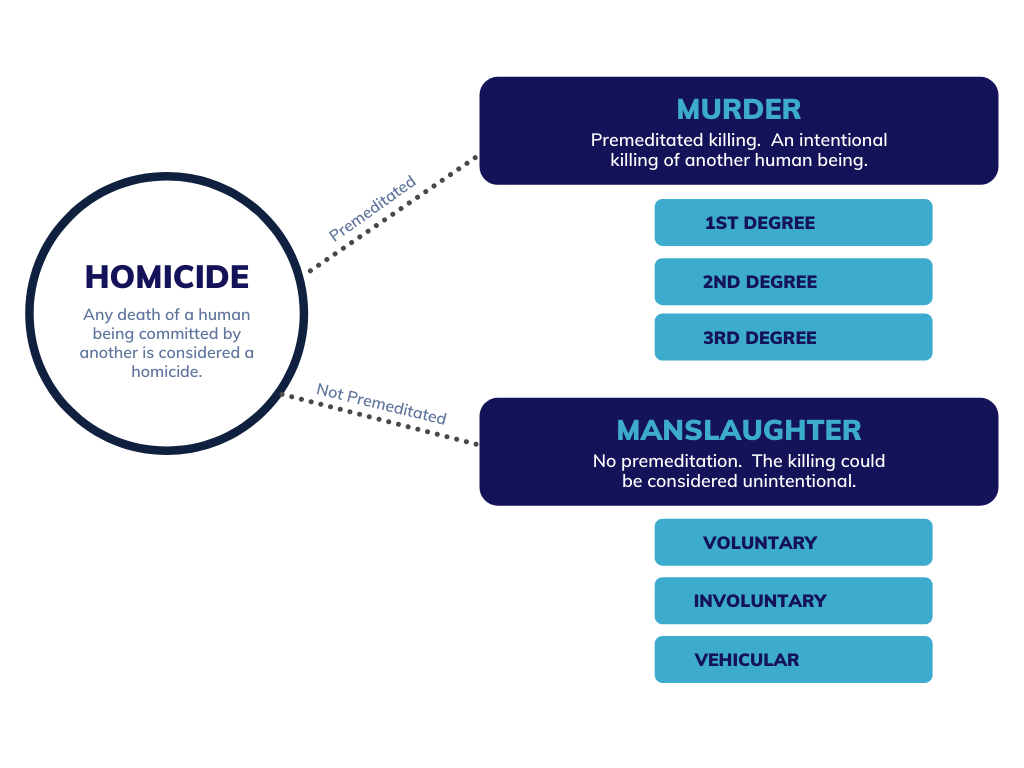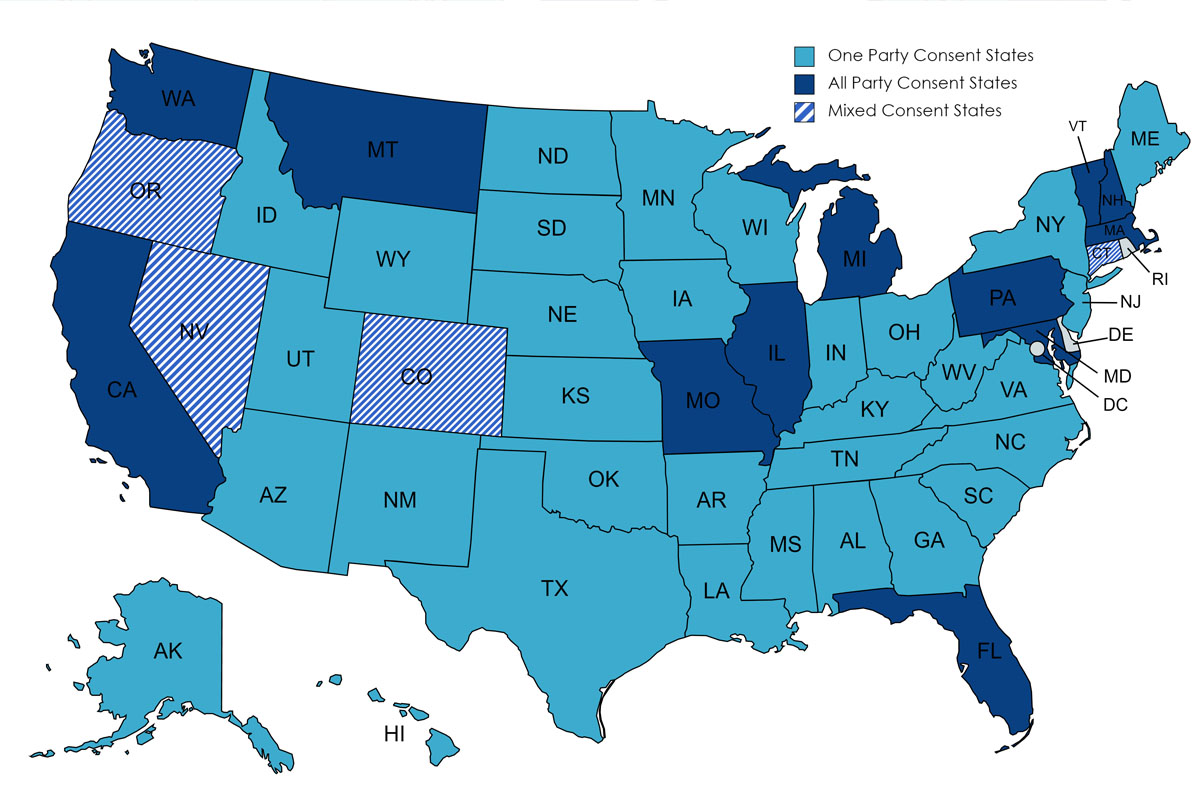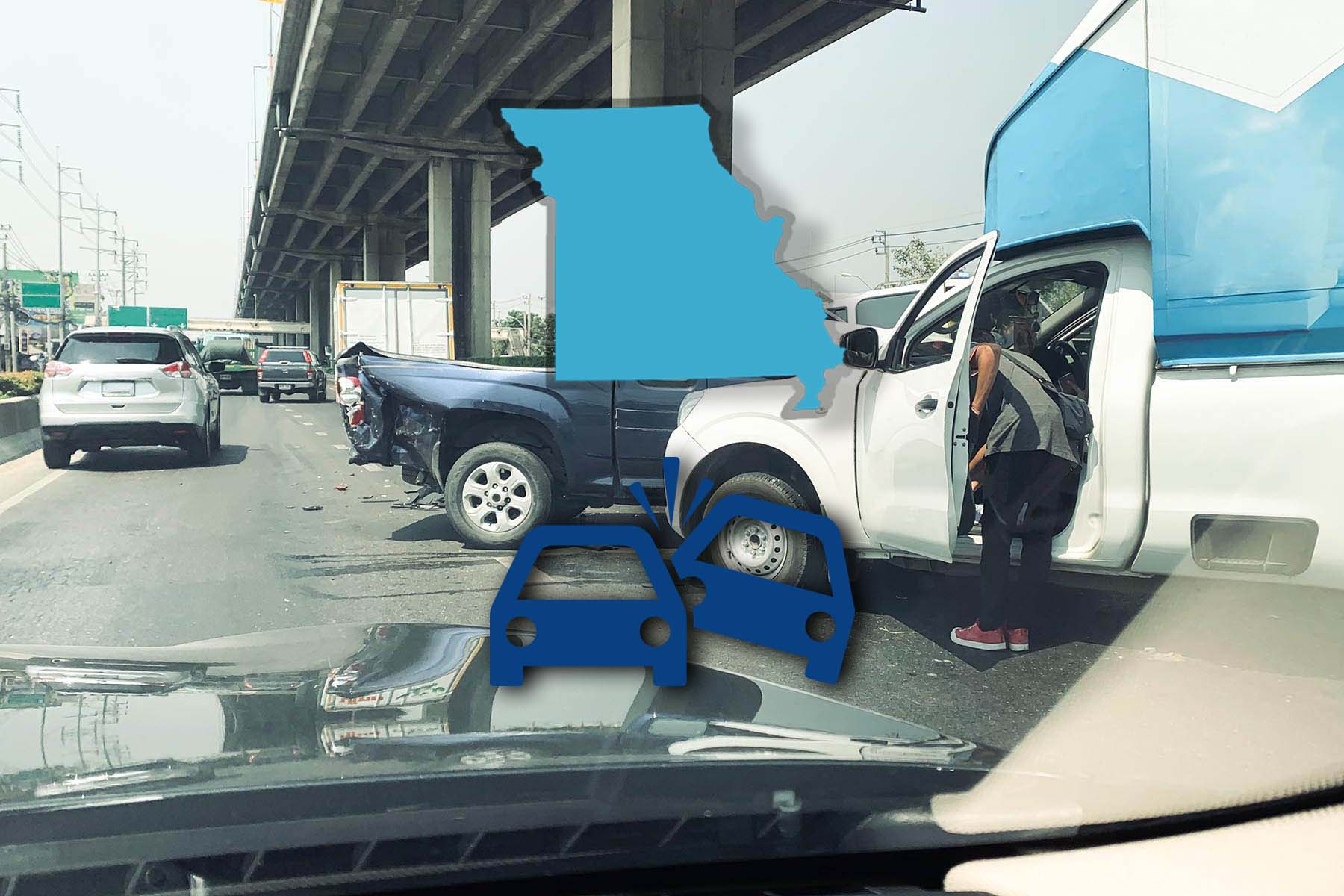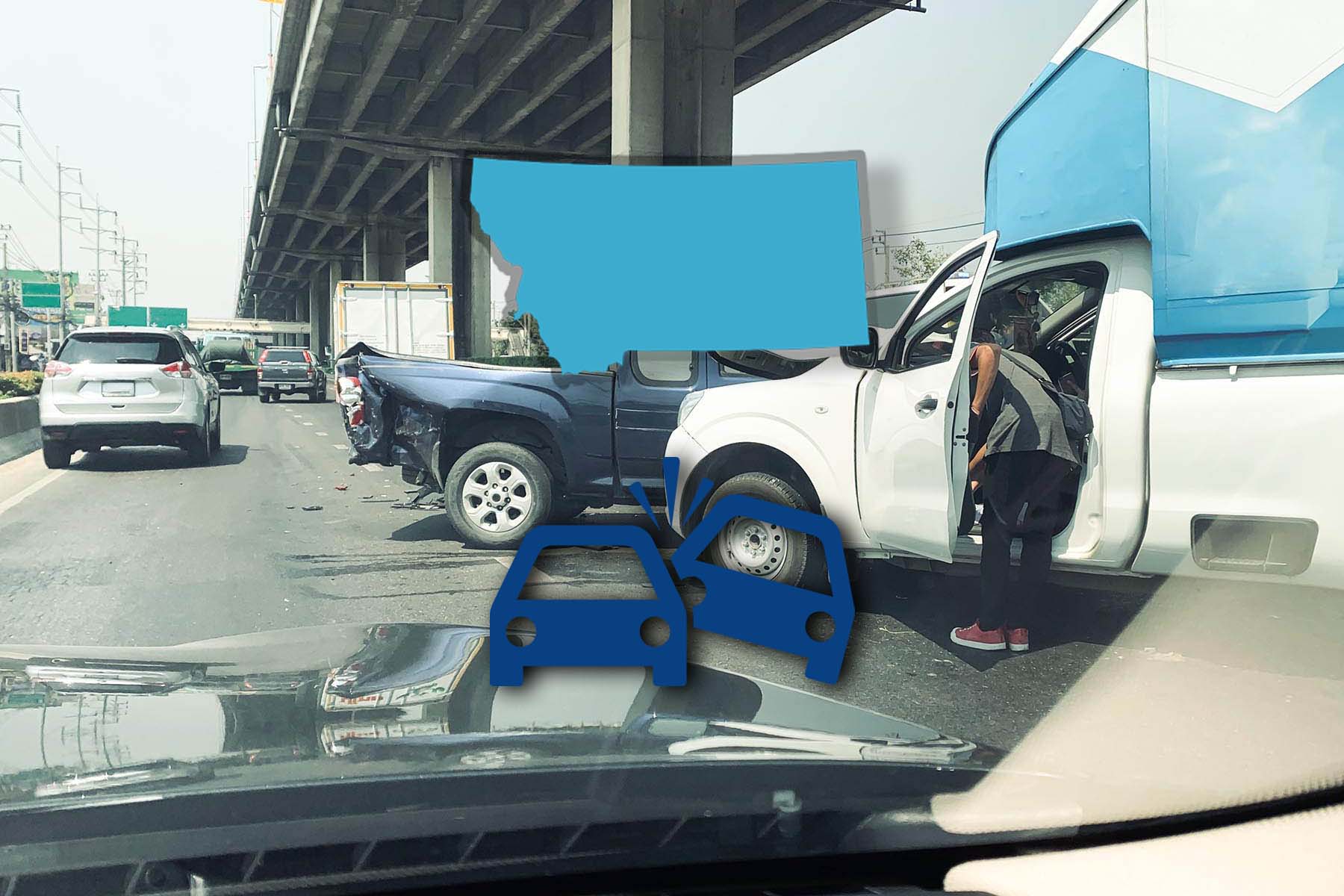Nebraska Hit and Run Laws (2026 Guide)
📅 Last verified: January 2026. This page reflects current Nebraska Revised Statutes §§ 60-697 and 60-698 and related provisions. 📑 Table of Contents (click to expand) Quick Summary Penalties for Hit and Run in Nebraska What the Law Requires (§ 60-697) Misdemeanor Hit and Run Offenses Felony Hit and Run Offenses Nebraska Traffic Statistics How … Read more







